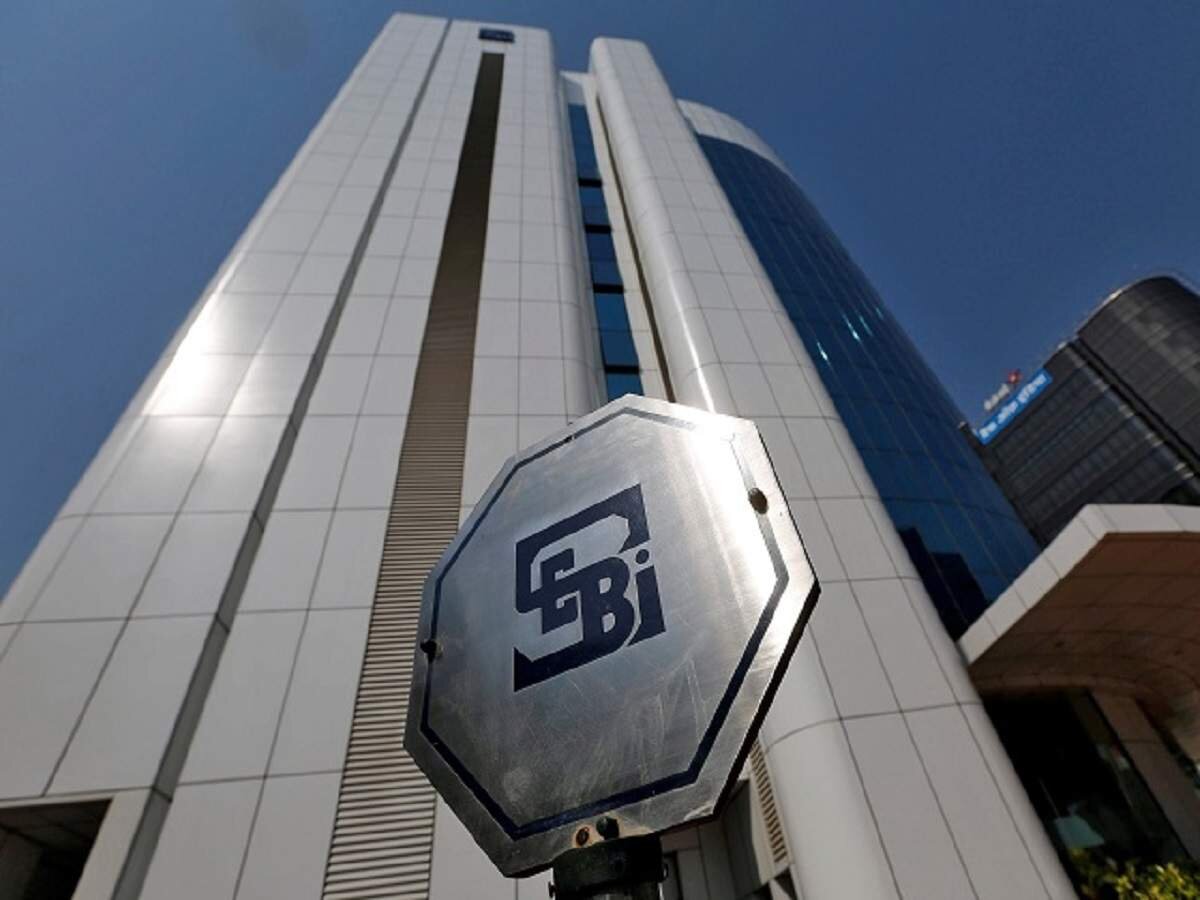Sebi imposes two-year ban on Mass Infra Realty's directors
Among its directions in the final order, Sebi had asked MIRL and its directors to jointly and severally refund the money collected by way of issue of the debentures.
Among its directions in the final order, Sebi had asked MIRL and its directors to jointly and severally refund the money collected by way of issue of the debentures.

NEW DELHI: Sebi on Friday barred two individuals from the securities market for two years for non-compliance with the regulator's earlier order related to illegally raising funds from investors. The ban has been imposed on Pradeep Kumar Behera and Ravendra Kumar.
In April 2016, the watchdog passed the final order against Mass Infra Realty Ltd (MIRL) and its directors for violation of public issue norms. The company had raised nearly Rs 38 crore by issuing Non-Convertible Redeemable Debentures (NCDs) to in 2011-12, 2012-13 and 2013-14, without complying with norms.
The company had violated Sebi's ILDS (Issue and Listing of Debt Securities) Regulations.
Among its directions in the final order, Sebi had asked MIRL and its directors to jointly and severally refund the money collected by way of issue of the debentures.
However, Sebi found that MIRL has neither completed the refund to investors nor filed any report from the chartered accountant, as directed earlier.
In its order on Friday, Sebi said it is understood that in view of the non-compliance with the direction to make refund given in the final order, recovery proceedings against MIRL and its then directors are underway.
Against this backdrop, the watchdog has banned Behra and Kumar from the securities market for two years.
According to Sebi, both the individuals were directors of MIRL as on the passing of the final order on April 25, 2016. "Subsequently, noticed no. 2 (Kumar) resigned on December 14, 2016".
The two individuals have been prohibited from accessing the securities market by the issue of prospectus/ offer document/ advertisement or otherwise in any manner. Further, they have been barred from buying, selling or otherwise dealing in securities in any manner whatsoever, directly or indirectly, for two years, the regulator said.